疫情下的法律防线:公共卫生事件中的刑法应对 与社会秩序的维护策略
sun(作) 热点事件疫情下的法律防线:公共卫生事件中的刑法应对与社会秩序的维护策略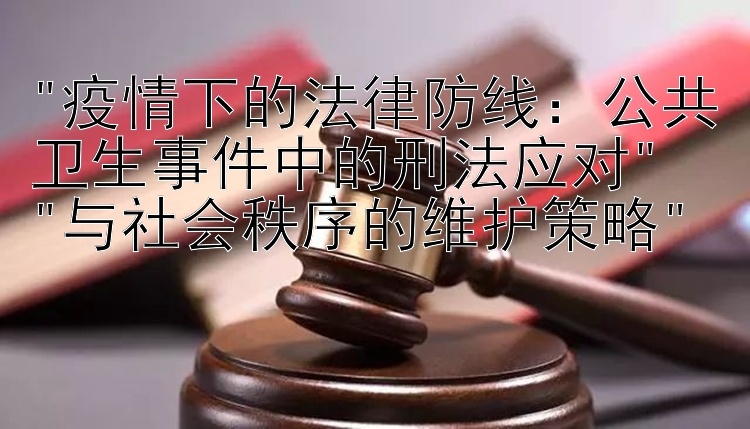
引言: 在全球范围内, the COVID-19 pandemic has presented unprecedented challenges to public health systems, economies, and societies. In response, governments have enacted various measures to control the spread of the virus, ranging from lockdowns and quarantines to mandatory mask-wearing and vaccination policies. The enforcement of these measures has, in many instances, relied on the criminal justice system, particularly the application of penal laws. This article explores the role of criminal law in responding to public health crises, focusing on the legal frameworks and strategies employed to maintain social order during a pandemic.
-
Legal Framework for Pandemic Response: The legal basis for responding to public health emergencies varies by jurisdiction but often includes a combination of constitutional powers, public health statutes, and emergency management laws. In many countries, these legal frameworks empower authorities to impose restrictions on personal freedoms and impose penalties for non-compliance with public health directives.
-
Criminal Law in Pandemic Response: Criminal law plays a crucial role in maintaining public order during a pandemic. By criminalizing certain behaviors that contribute to the spread of the disease, governments can leverage the deterrent effect of the criminal justice system to encourage compliance with public health guidelines. Examples of behaviors that may be criminalized include:
a. Quarantine Violations: Individuals who knowingly violate quarantine orders can be charged with offenses that range from misdemeanors to felonies, depending on the jurisdiction and the circumstances of the violation.
b. Hoarding and Price Gouging: During a crisis, the hoarding of essential goods and the practice of price gouging can be criminalized to ensure the equitable distribution of resources and to protect consumers from exploitation.
c. Dissemination of False Information: The intentional dissemination of false information about the pandemic, which could lead to public panic or the obstruction of public health efforts, may be subject to criminal penalties.
-
Balancing Public Health with Individual Rights: The application of criminal law in a public health context must be balanced against the protection of individual rights and freedoms. The principle of proportionality is critical; any restrictions on personal liberty must be necessary and proportionate to the public health objective. Moreover, due process rights, including the right to a fair trial and the presumption of innocence, must be upheld.
-
Case Studies: a. Italy: In response to the COVID-19 pandemic, Italy imposed some of the strictest lockdown measures in Europe. Violations of these measures were punishable by fines and imprisonment. For instance, individuals caught organizing or participating in public gatherings could face up to three months in prison and a fine of up to €206.
b. United States: In the U.S., state and local governments have had the primary responsibility for enforcing pandemic-related restrictions. In many jurisdictions, non-compliance with mask mandates or business closure orders has been punishable by fines. A notable case is that of Lee County, Florida, where individuals could be fined up to $500 for violating mask-wearing rules in public places.
- Conclusion: The COVID-19 pandemic has underscored the importance of a robust legal framework to manage public health emergencies. Criminal law has been a critical tool in this response, enabling governments to impose necessary restrictions and to deter behaviors that could exacerbate the spread of the virus. However, the use of criminal sanctions must be carefully calibrated to respect individual rights and to ensure that any restrictions are justified, necessary, and proportionate to the public health goal. As the world continues to grapple with the challenges posed by the pandemic, the balance between public health imperatives and individual freedoms will remain a central concern in the application of criminal law.
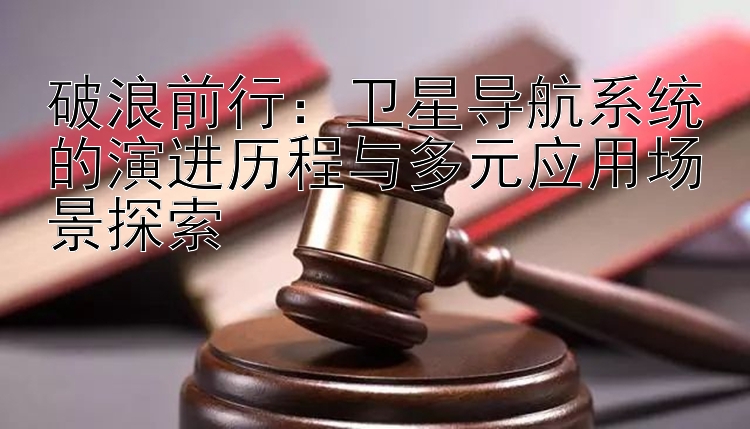
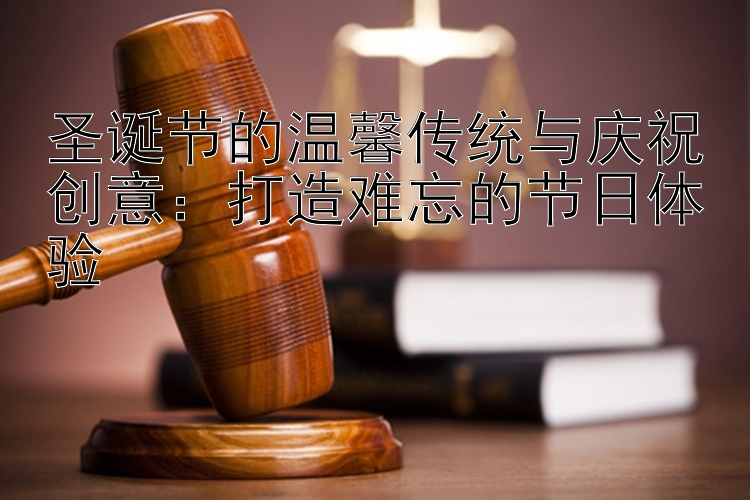
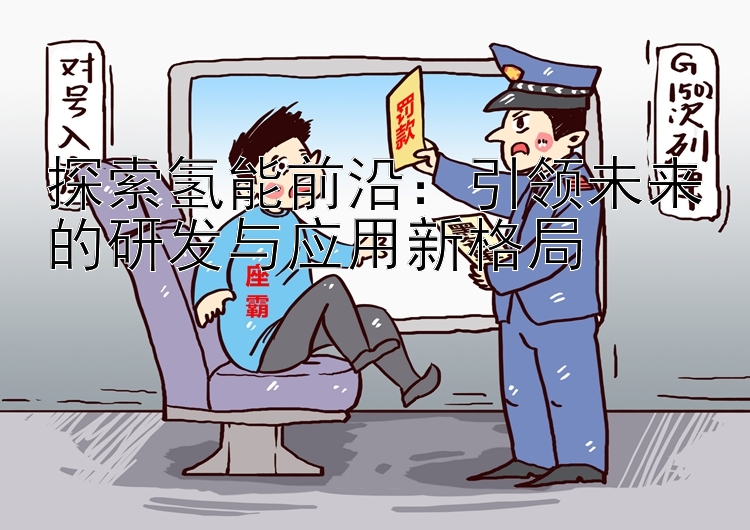
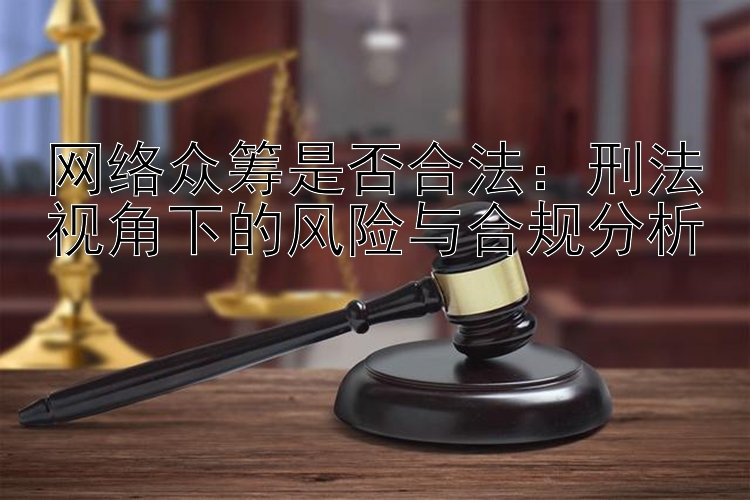
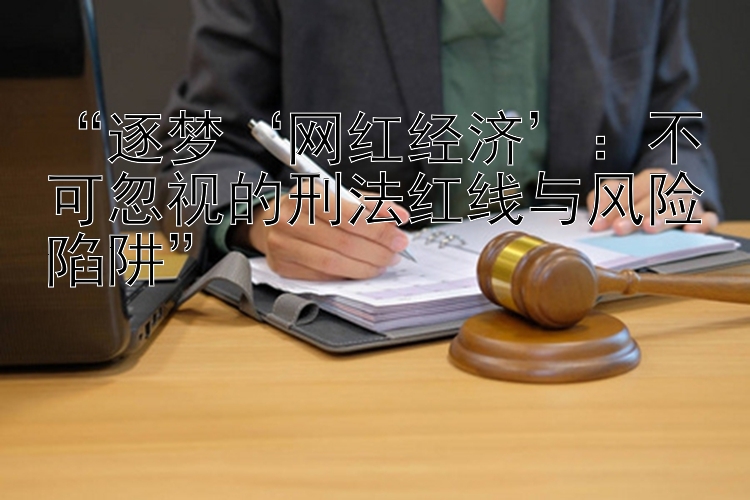
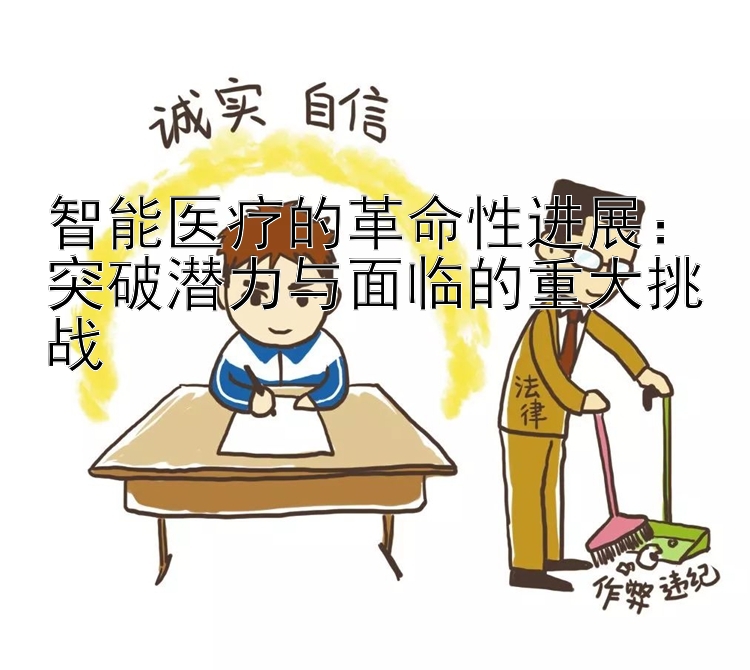
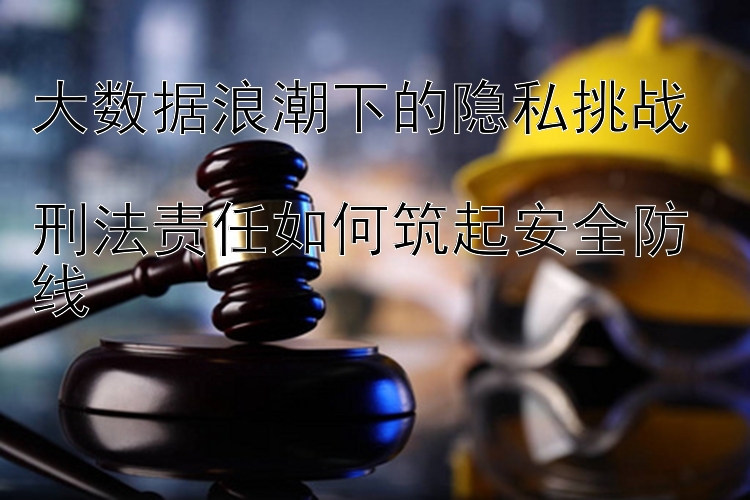
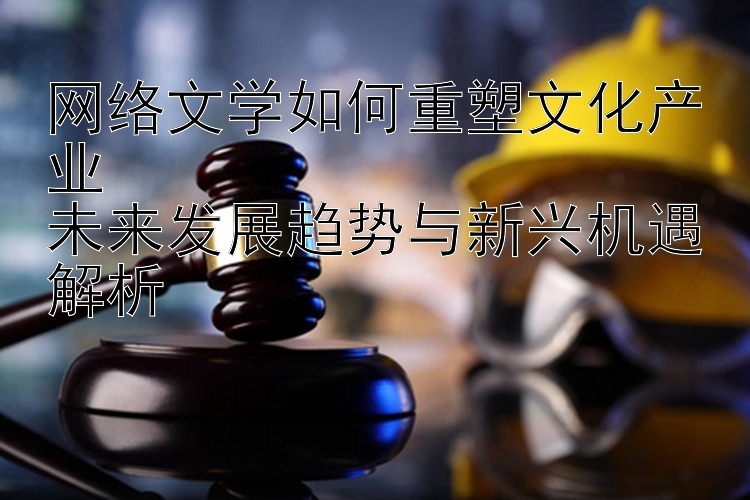
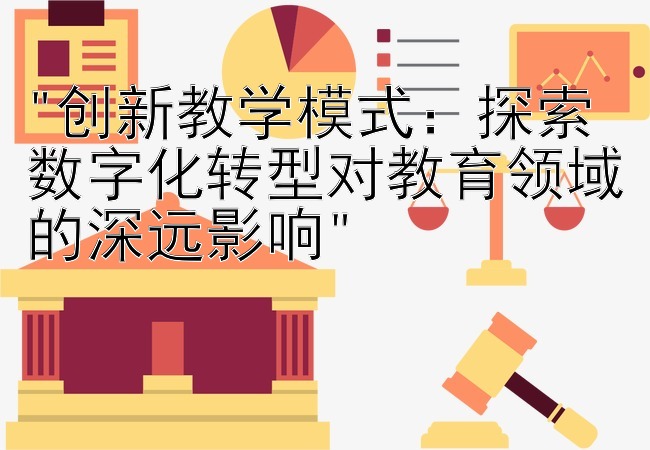 创新教学模式:探索数字化转型对教育领域的深远影响
创新教学模式:探索数字化转型对教育领域的深远影响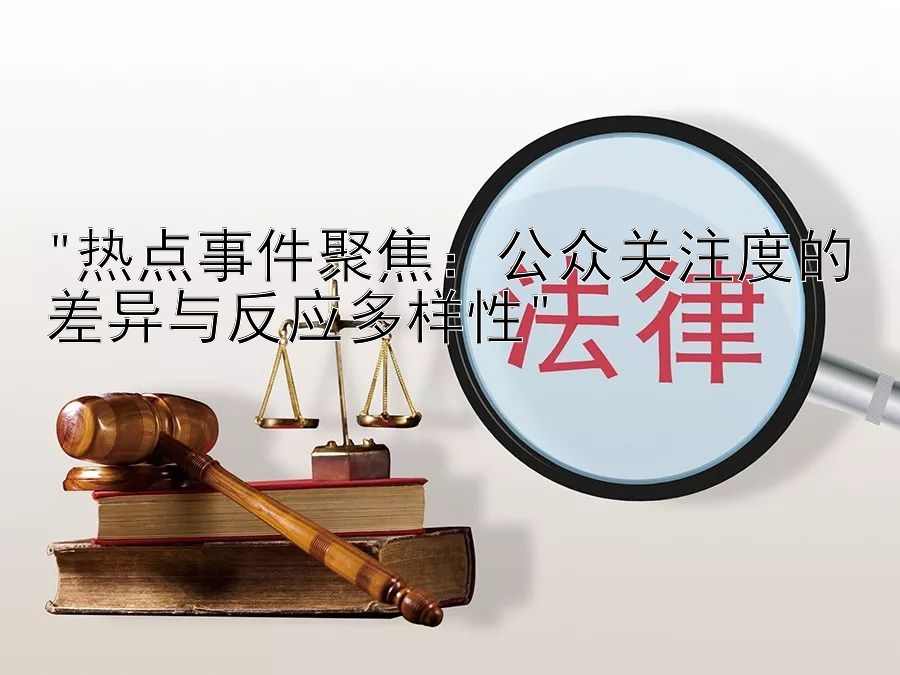 热点事件聚焦:公众关注度的差异与反应多样性
热点事件聚焦:公众关注度的差异与反应多样性 全球气候变化事件对能源政策和环境法规的潜在影响
全球气候变化事件对能源政策和环境法规的潜在影响 热点事件对未来的深远影响与潜在后果透视
热点事件对未来的深远影响与潜在后果透视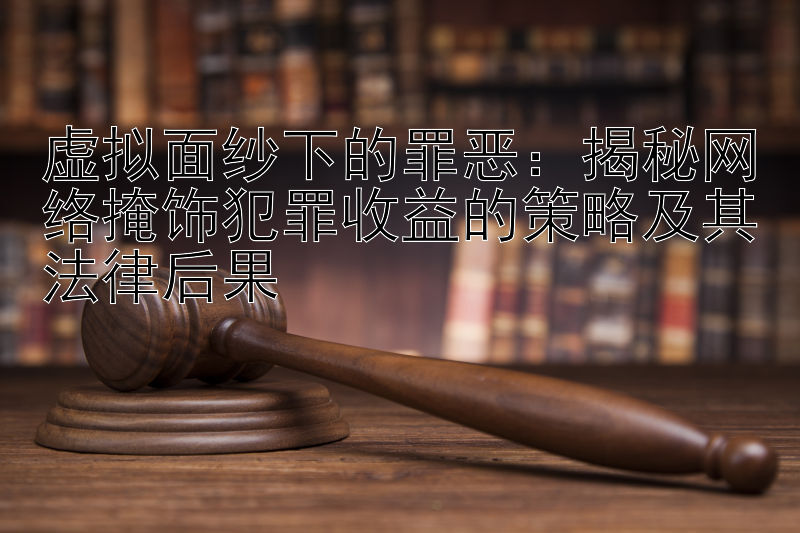 虚拟面纱下的罪恶:揭秘网络掩饰犯罪收益的策略及其法律后果
虚拟面纱下的罪恶:揭秘网络掩饰犯罪收益的策略及其法律后果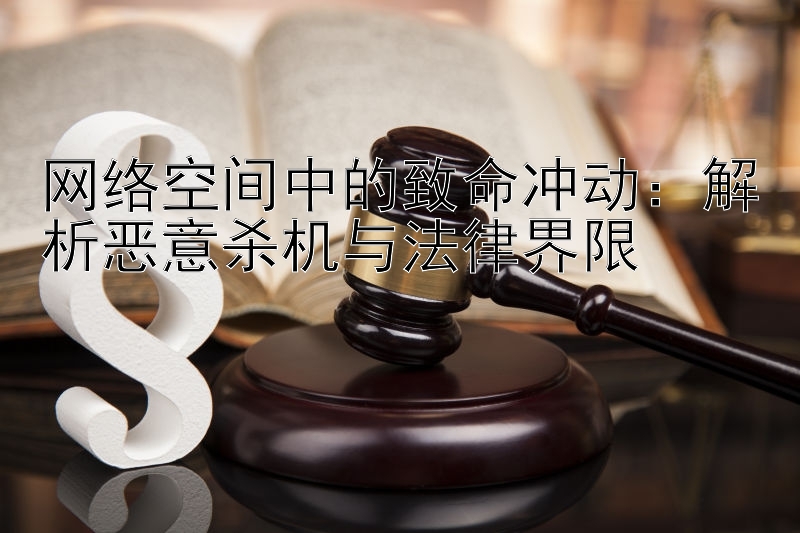 网络空间中的致命冲动:解析恶意杀机与法律界限
网络空间中的致命冲动:解析恶意杀机与法律界限